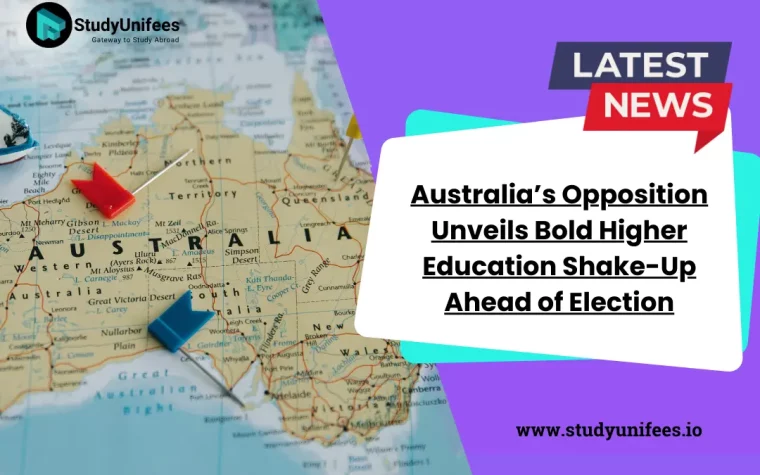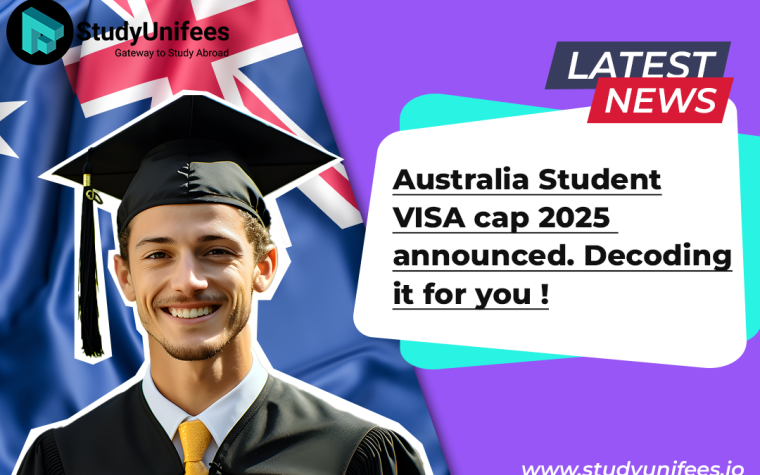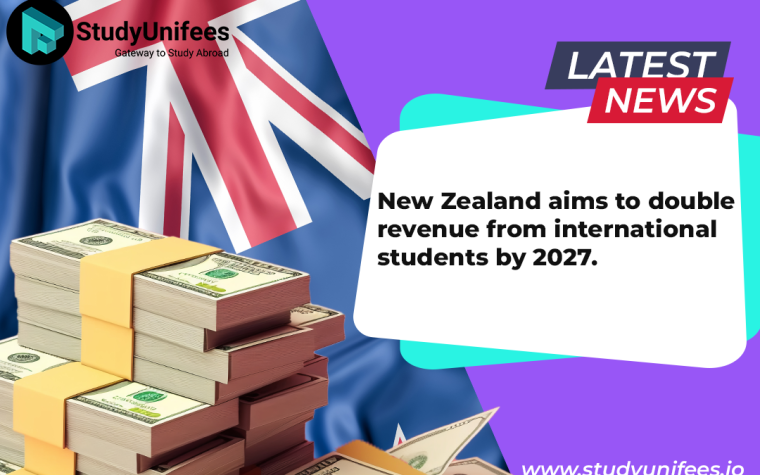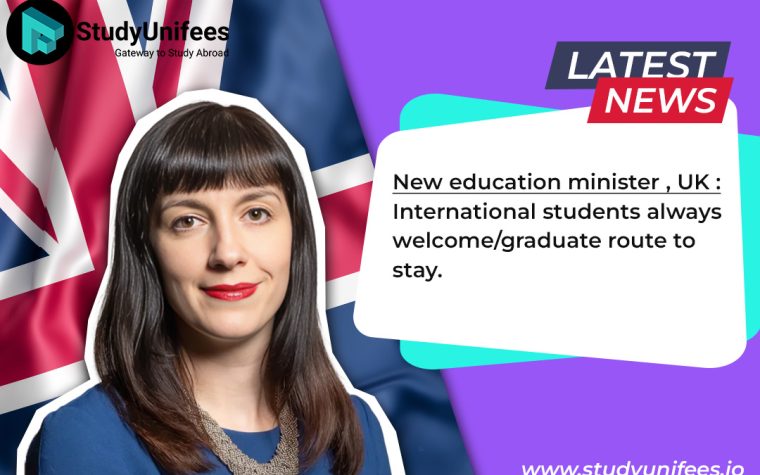Harvard Boosts Financial Support for Students
Harvard University President Alan M. Garber and Edgerley Family Dean of the Faculty of Arts and Sciences Hopi Hoekstra have announced a major expansion of financial aid for Harvard College.
Key Highlights of the Initiative
- Starting in the 2025-26 academic year, students from families earning $100,000 or less annually will attend for free.
- Families with incomes up to $200,000 will have tuition fully covered.
- This expansion allows 86 percent of American families to qualify for financial assistance.
“By making Harvard financially attainable for more people, we enrich the diversity of perspectives, backgrounds, and life experiences that shape our students’ education and personal development,” said Garber.
“For years, Harvard has worked to welcome the brightest minds, regardless of their economic situation,” said Hoekstra. “This enhanced financial aid package is an investment in removing barriers, enabling every admitted student to pursue their passions and contribute to a brighter future.”
Full Coverage for Low-Income Students
Students from families earning $100,000 or less will have all costs covered, including tuition, meals, housing, health insurance, and travel. In addition, they will receive:
- $2,000 start-up grant in their freshman year
- $2,000 launch grant in their junior year
Tuition-Free for Families Earning Up to $200,000
- Tuition will be free for students from families earning up to $200,000.
- Additional financial support will be provided based on individual needs.
- Even families earning more than $200,000 may qualify for tailored aid.
“The most gifted students hail from all walks of life—every state, every corner of the world,” said William R. Fitzsimmons, Dean of Admissions and Financial Aid at Harvard College. “Our aid program ensures these students see Harvard as a place where they belong and can enrich our dynamic community.”
Building on 20 Years of Financial Aid Expansion
- Since 2004, Harvard’s financial aid has covered full costs for students from families earning $40,000 or less, with the threshold rising to $85,000 in 2023.
- In 2007, Harvard replaced loans with grants and stopped factoring home equity into payment calculations.
- Over the past 20 years, Harvard has distributed more than $3.6 billion in undergraduate aid.
A $275 Million Financial Aid Budget for 2025-26
- 55 percent of Harvard undergraduates currently receive financial support.
- In 2023-24, families contributed an average of $15,700 towards their child’s education.
“Our staff partners with each student to ensure they can fully participate in all that Harvard offers,” said Jake Kaufmann, Griffin Director of Financial Aid. “This program is crafted to let students focus on learning, exploring, and growing without financial burdens holding them back.”
With this expansion, Harvard continues its mission to make world-class education accessible to students from all economic backgrounds.










